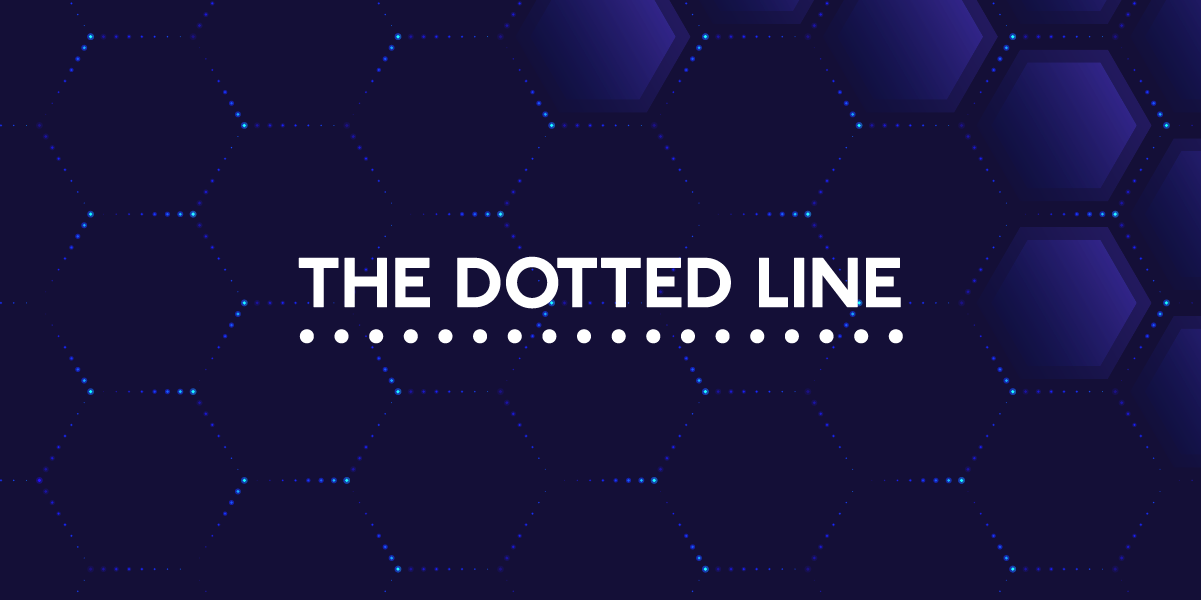
Commercial deals underpin the esports industry; sponsorship is our bread and butter. For many companies in the sector, after all is said and done, commercial sponsorships are what define the bottom line.
From new investors to endemic sponsors to the esports organisations that bare their branding, the industry this year has sought new ways to engage and sponsor amidst the challenges posed by the enduring COVID-19 pandemic.
Those challenges, however, failed to knock the sanguinity of some of esports’ biggest entities, with numerous lengthy sponsorships announced despite the pandemic-induced uncertainty that has clouded the start of this decade.
As esports slowly migrates back into the physical world, we’ve launched The Dotted Line to reflect on what we think are the 10 most important commercial deals of 2021 and, more importantly, elucidate the storylines that lie behind them.
10. DraftKings bets on FaZe clan
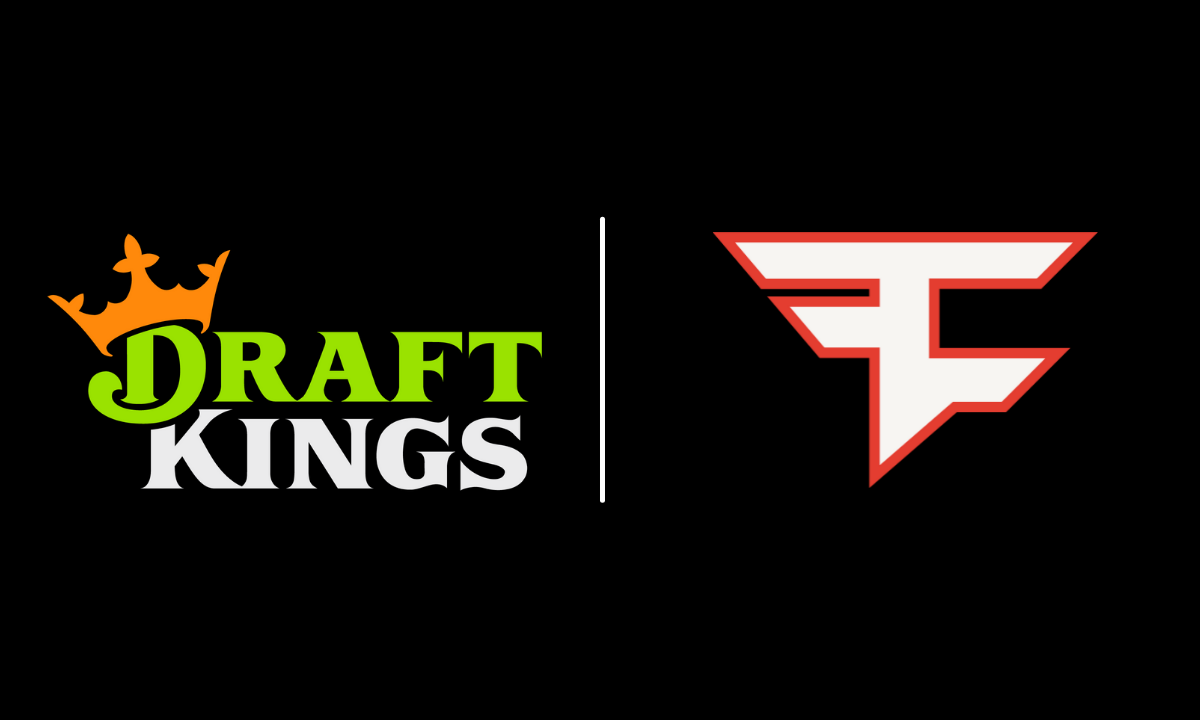
It may no longer dominate the headlines and narrative quite like it used to, but betting and gambling partnerships are still an evergreen staple in esports. We were treated to a quintessential betting partnership in November when esports organisation FaZe Clan partnered with fantasy sports betting company DraftKings.
Alongside becoming an official sponsor, the two brands will cooperate on content activations featuring FaZe’s content creators, a new podcast, and an original series. The emphasis here seemed to be on unique activations, a favourite of FaZe’s, which — as an aside — announced a $1bn (£750m) valuation and its plans to go public just one month prior.
For a comprehensive overview of the interminably-changing esports betting landscape, read ESI Sub-Editor Tom Daniels’ roundup: In-Play.
9. Fnatic get stylish with ASOS

In September, esports organisation Fnatic announced a three-year partnership with online fashion retailer ASOS in a reported ‘multi-million pound’ deal. It marked yet another fashion brand partnership in esports, symptomatic of the growing overlap and potential entities are seeing between the two sectors.
We’ve seen lots happening in the world of esports fashion generally — Gucci, Ralph Lauren and adidas have all entered the space recently. As we enter this new age of stylistic crossover, many are arguing fashion will constitute a significant revenue stream in esports’ commercial future.
8. Rocket League drives-through multiple car sponsorships
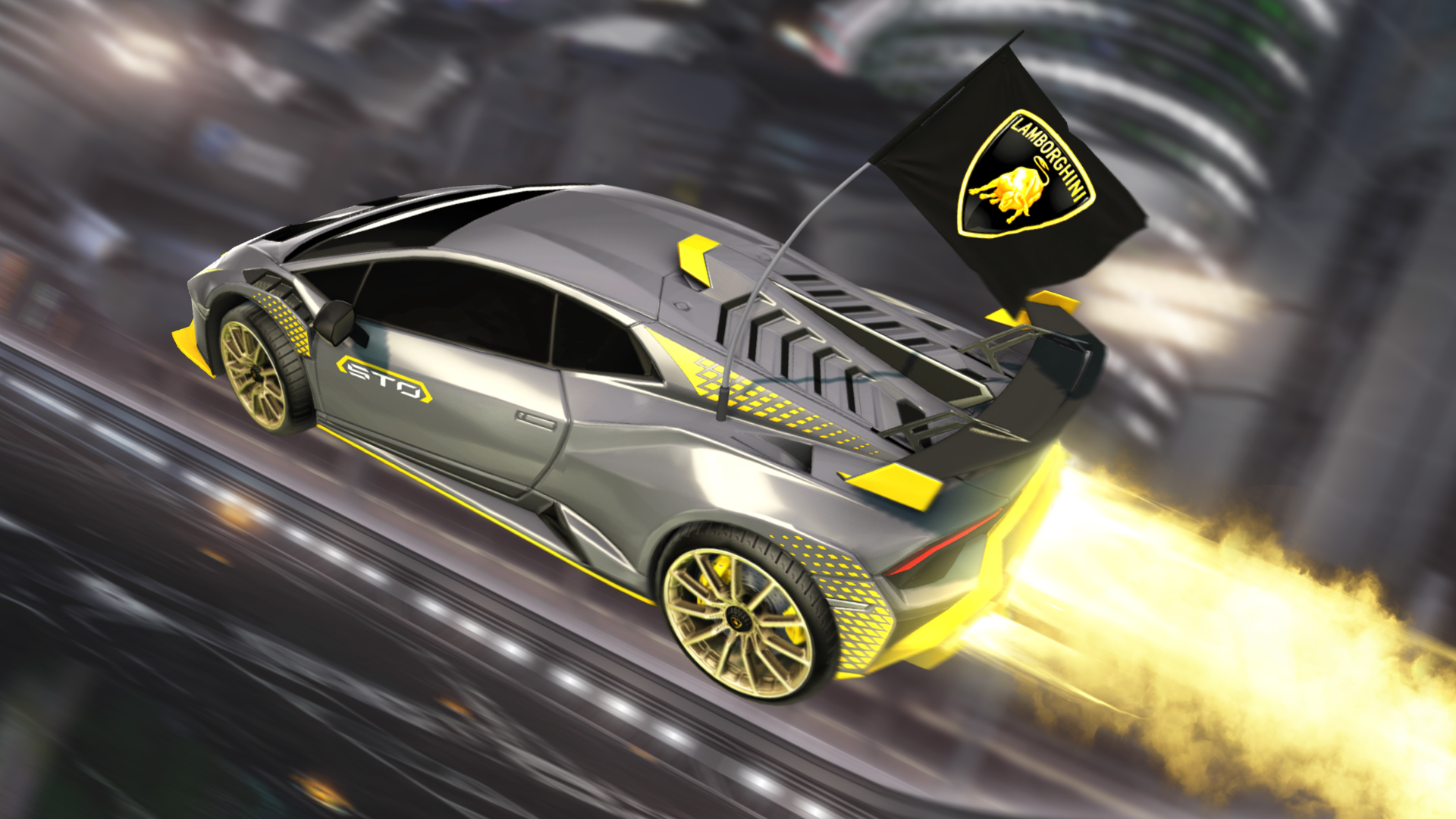
Rocket League developer Psyonix’s partnership in April with car manufacturer Lamborghini is notable on its own, thanks to the high-profile non-endemic brand’s sponsorship of the eponymous RLCS X Lamborghini Open, alongside an interesting 1v1 esport activation.
It’s even more interesting, though, with the context that Psyonix went on to double down on its intrinsic appeal to car manufacturers by striking numerous such esports partnerships with other car brands including BMW, Ford, NASCAR, Formula 1 and McLaren. This fruitful trend of automobile brands teaming up with the thematically-linked game showcases Rocket League’s commercial strengths as an esport, thanks to its unique premise.
7. G2 partners with Ralph Lauren
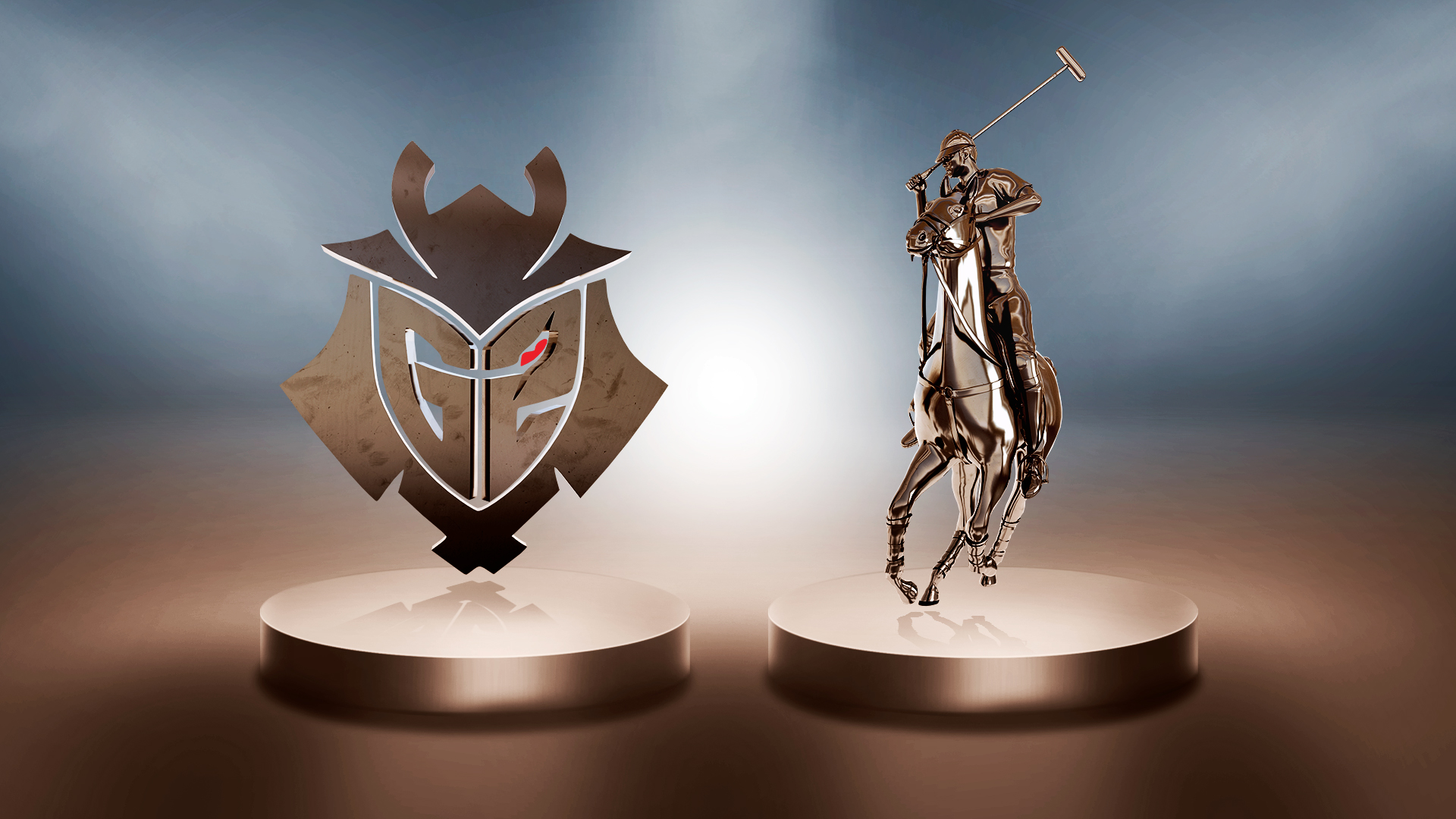
If you’re looking for an archetypal example of a successful esports partnership, G2’s work with luxury fashion brand Ralph Lauren is a strong contender. It saw the two entities launch a series of digital-first activations, collaborate on ‘global campaigns’ and events.
There’s a lot of effusive discourse about esports’ valuable young, higher-income, tech-savvy, male-dominated audience, but this really was a paragon partnership, a success story where a non-endemic brand drew value out of esports’ audience — so much so that G2 held a brand showcase at ESI london to discuss how they activated so successfully.
6. Nicecactus expands into GCC
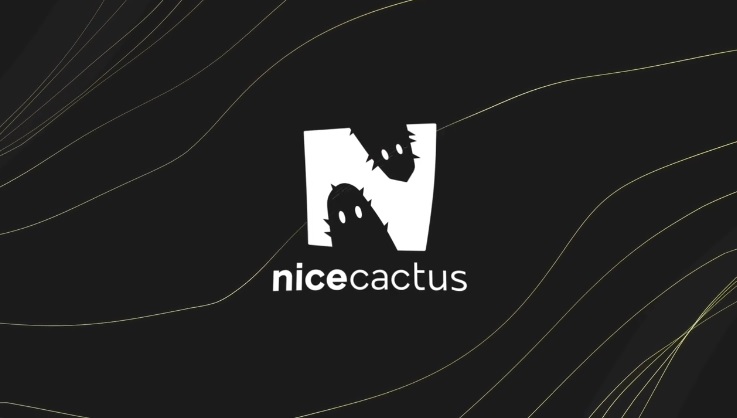
Unsurprisingly, 2021 saw continued interest in and from emerging regions. The Gulf Cooperation Council (GCC) region isn’t the largest or fastest-growing of those, but is showing signs of potential as big names appear willing to invest in the area. In July, gaming tournament and training platform Nicecactus, together with investors Sheikh Suhail Bin Butti Al Maktoum and Faris Ahmad Ramadhan Juma, established a joint venture to develop and market Nicecactus’s platform in GCC countries.
The Dubai-based joint venture aims to expand Nicecactus’ activities and influence in the region. Additionally, Saudi tech group Mbuzz announced plans to open an esports division, and is teaming up with French esports organisation BK ROG to deliver esports programmes in the MENA region. Esports Insider is hosting its ESI Dubai event in 2022.
5. FaZe Clan gets creative with DC Comics

September saw esports organisation FaZe Clan announce a partnership with comic book publisher DC Comics to create a limited-edition comic book, featuring a number of FaZe Clan content creators in the form of superheroes — and, of course, related merch.
It constitutes a trailblazing example of an esports and gaming entity growing out its brand ‘universe’. Following the success of Arcane, a Netflix TV show set in the League of Legends universe, it perhaps hints at an emergent trend of esports & gaming entities leveraging their brand identities to create new, immersive, authentic products. It also makes sense to see FaZe’s name here, given its emphasis on gaming culture and lifestyle as part of its identity. BMW embarked on something similar, too, with its esports manga series.
4. Team Liquid gets cozy with Alienware
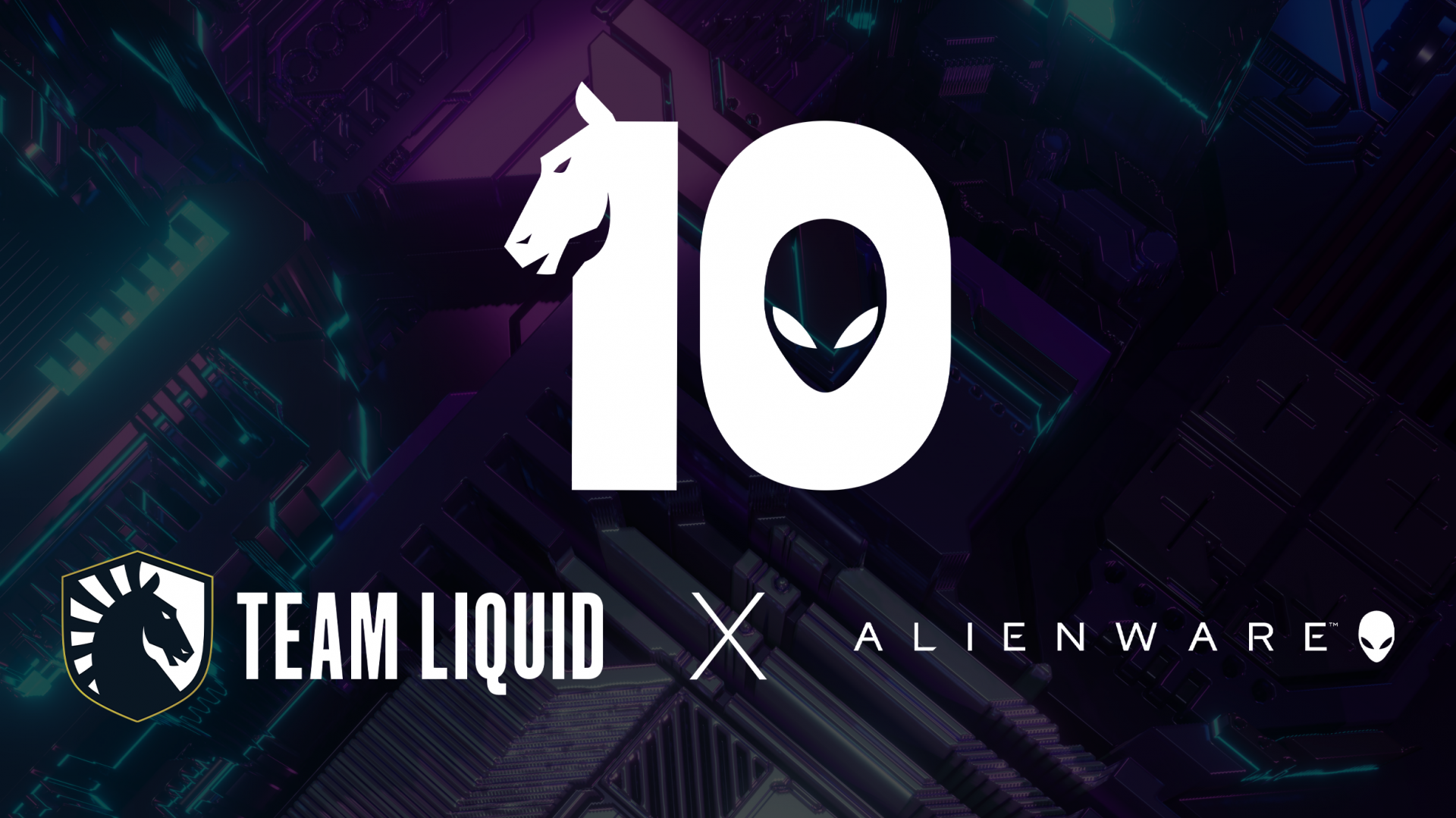
10 years is an eternity in esports — just think how utterly unrecognisable the current industry is from 2011. The pace of change in esports, that instability, has long been one of its kryptonites. It bodes well, then, that esports organisation Team Liquid was able to strike a 10 year extension to its partnership with PC brand Alienware.
The extension will see Alienware continue to supply hardware for Team Liquid, alongside focusing on fan engagement, player performance & technology, and community opportunities. It reflects the growing maturity of the space that brands are willing to commit for such long timescales — and is no doubt a welcome development in esports organisations’ vital quest for financial sustainability and stability.
3. Belong goes local in the US
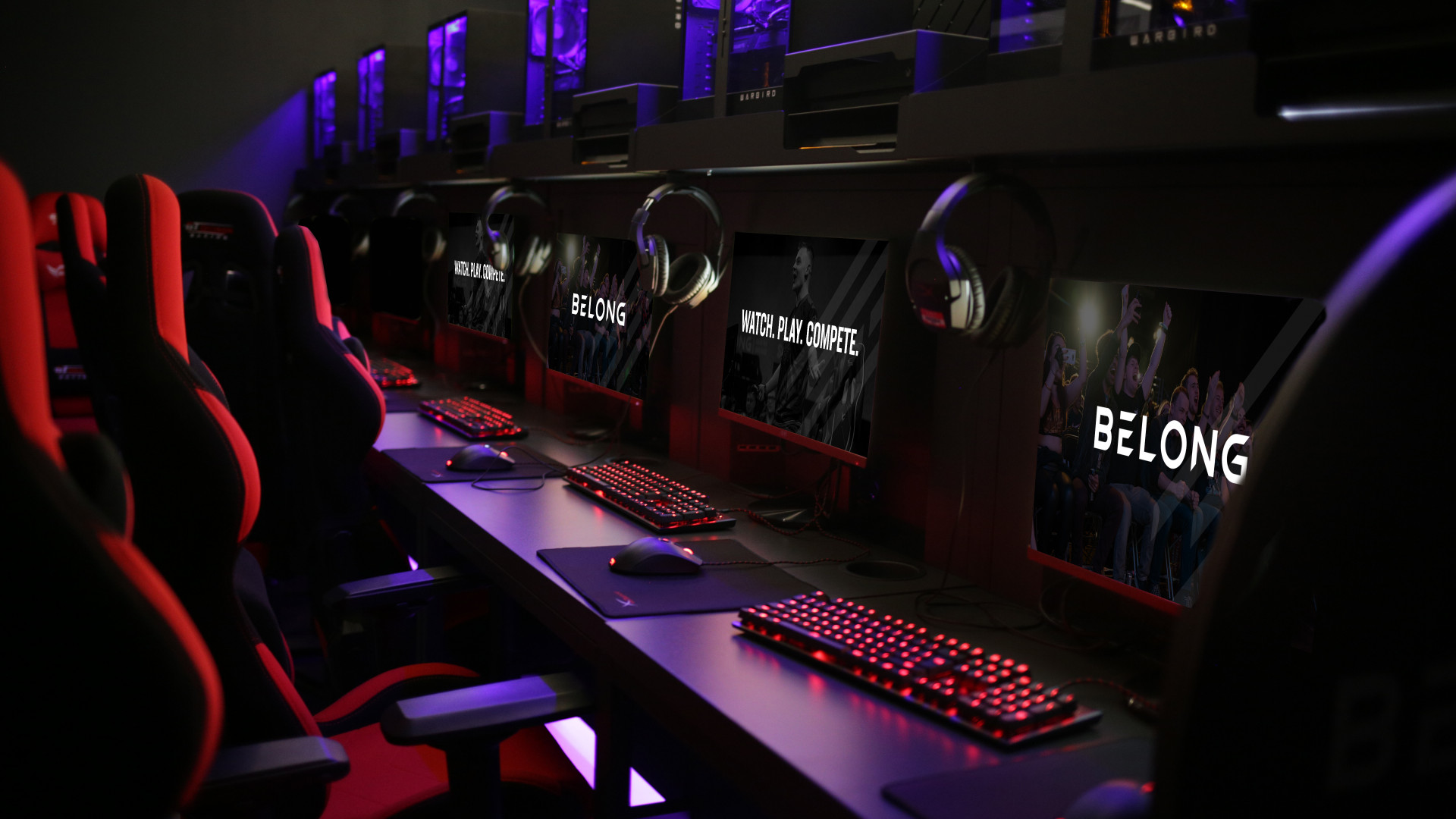
Just as the world was forced to undergo an unparalleled shift online, moving physical industries at pace into the digital realm, Vindex doubled down on its ambition to bring esports — a digital-native industry — offline. In June, Vindex-owned Belong Gaming Arenas announced a slate of gaming centres across the US and confirmed plans to roll out hundreds more.
It came after Vindex announced in 2020 that it would invest $300m into the Belong brand over five years. It was a bold move by Vindex, betting big on a shift to physical, in-person gaming that’s yet to happen, and putting the firm in competition with others looking to establish a network of esports facilities, such as Nerd Street Gamers and Allied Esports. For a 2021 esports investment summary, head over to ESI Journalist Ivan Šimić’s Angels & Unicorns roundup.
2. ESL and Intel keep making history
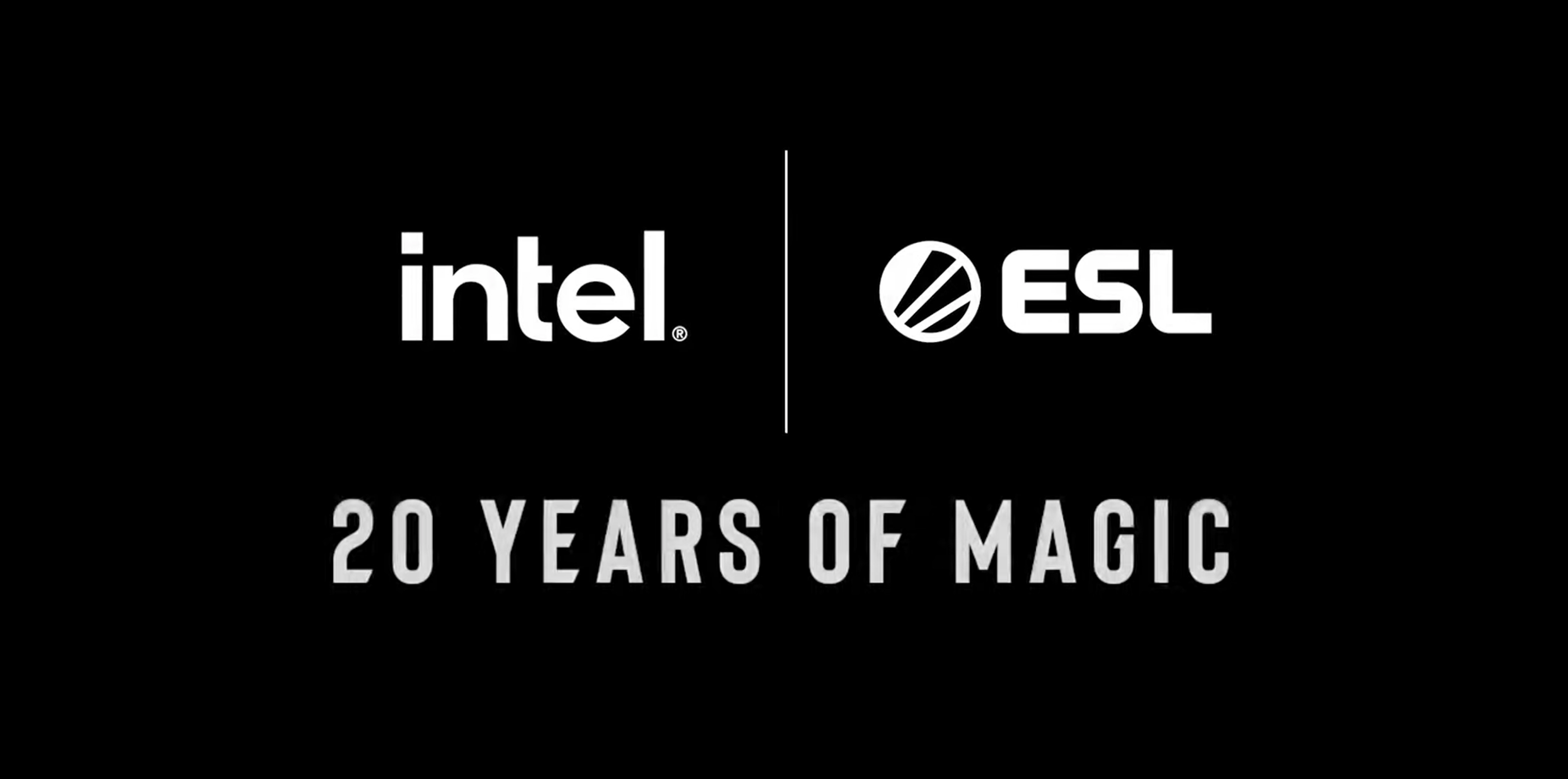
It is hard to overstate the notoriety of ESL Gaming’s relationship with Intel. Undoubtedly now a quintessential part of esports history, ESL’s ongoing 20-year partnership with the tech giant is one of the most renowned, longest-running, and well-established in the industry.
Its renewal, announced in April but set to commence in 2022, saw both entities commit to investing $100 million (~£75m) in esports between 2022-2025. ESL’s Co-CEO Ralf Reichert claimed the “two-decade journey has forged a bond that has no parallel in the world of esports” — it’s hard to disagree.
1. TSM, FTX and crypto: Big money
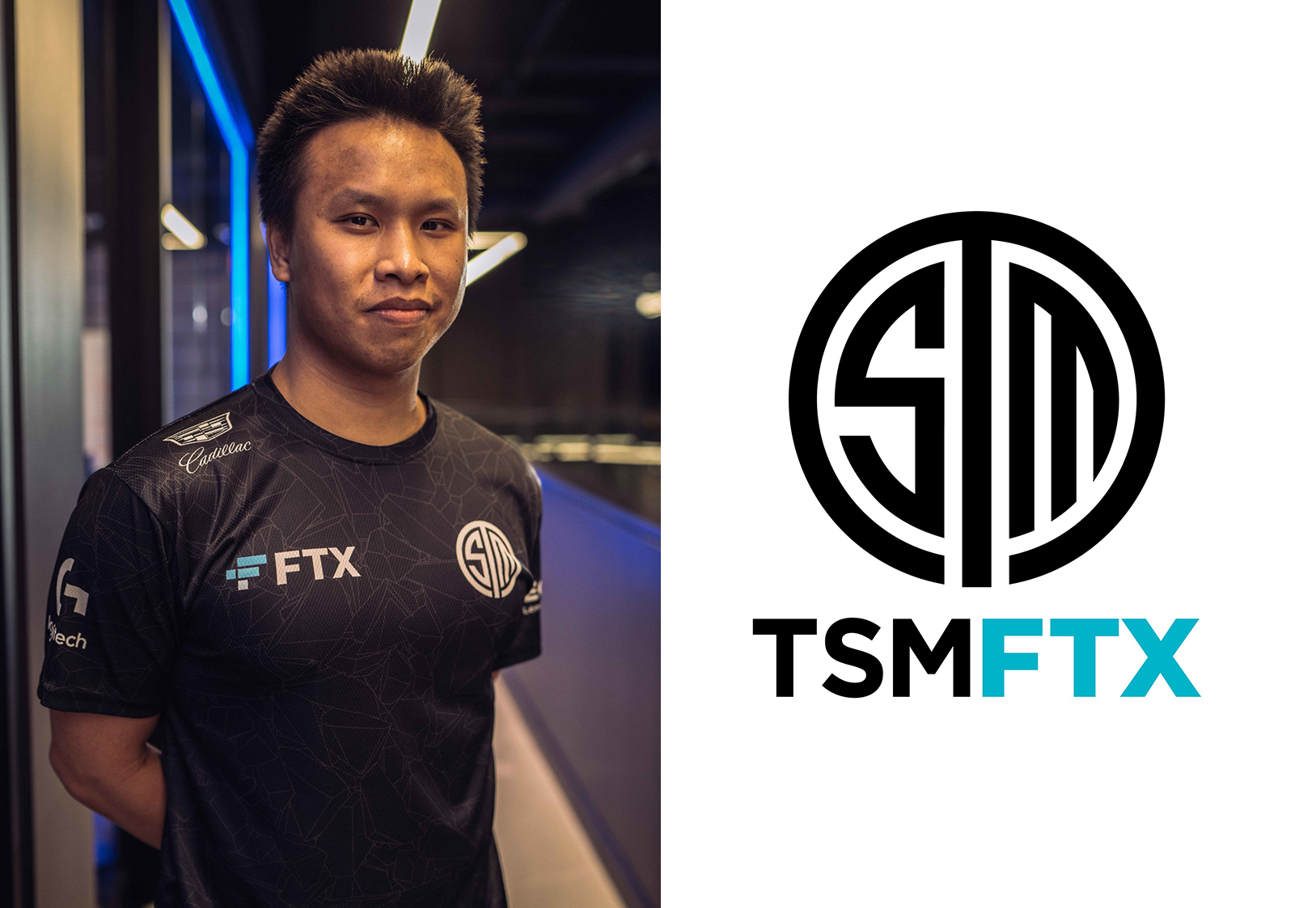
Unarguably the most pervasive trend of 2021 has been cryptocurrency’s permeation of the esports industry. Sharing a natural resonance with esports as a high-growth, digital-native sector with a valuable target demographic, crypto firms quickly gleaned the opportunities esports presents. Partnerships with blockchain and cryptocurrency firms have seen millions pour into the coffers of esports organisations and leagues this year.
The flagship example of this new trend is undoubtedly esports organisation TSM’s $210 (~£157m) partnership with cryptocurrency exchange FTX. The 10-year naming rights deal saw the esports organisation rebrand to TSM FTX, alongside other activations, and will fund its plans for regional growth and mobile esports. As multi-million crypto partnerships continue to trickle in, the crypto trend shows no sign of slowing down.
For a deeper dive into crypto x esports, read up on ESI Head of Multimedia Kerry Waananen’s Heat Map, which provides big picture on this year’s key industry trends.
[maxbutton id=”4″ ] [primis_video widget=”5183″]
